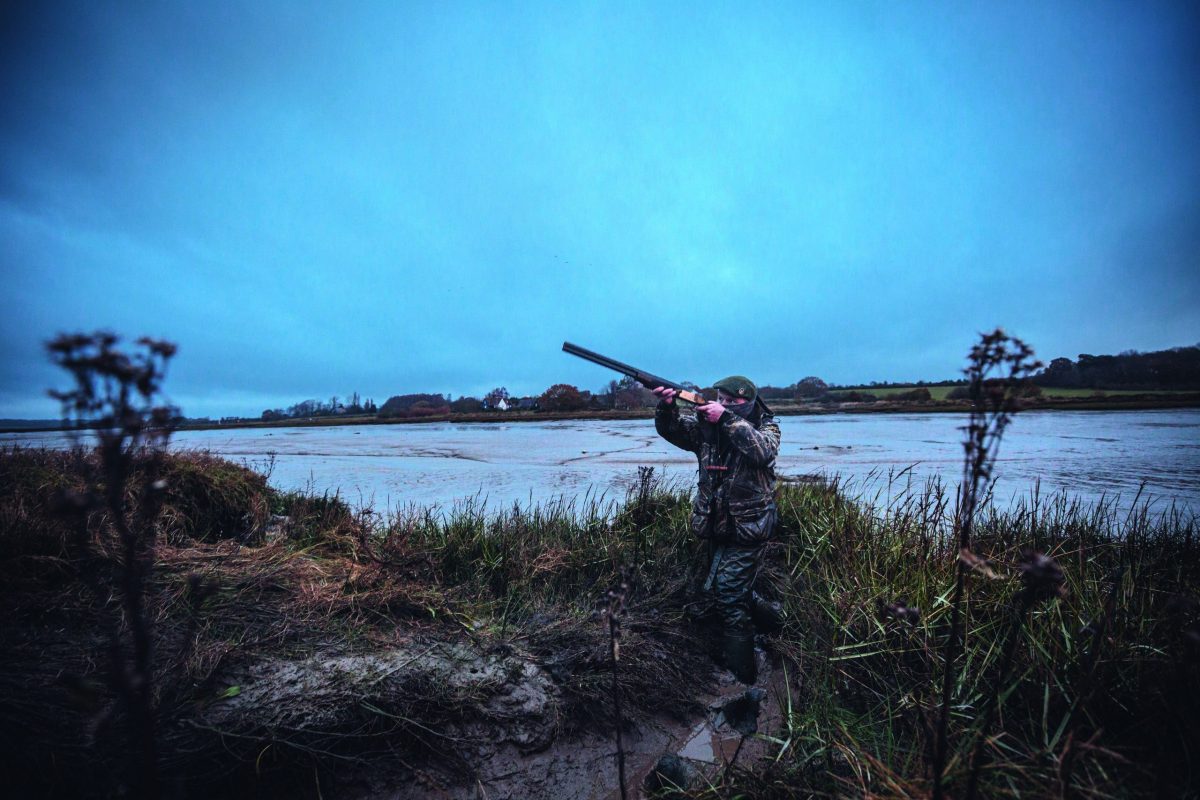Experts raise concerns over wildfowl harvests
The shooting community should work with scientists to ensure the sustainability of wildfowling - this is the key message from Dr Tom Cameron, Senior Lecturer in Animal Ecology at the University of Essex.

Dr Cameron spoke to Shooting Times to explain a study which he co-authored with Dr Matt Ellis at BASC. The study looked at whether the number of birds being hunted in the UK would be considered a sustainable harvest.
The scientists found that hunting pressure in the UK and Iceland was very likely to be reducing the population of Icelandic greylag geese. A decline in numbers of Icelandic greylags has been recognised for some time. However the study found strong evidence that the hunting of UK wintering pinkfooted geese from Iceland and Greenland was sustainable. Interestingly it also found that hunting may well have begun stabilising the booming numbers of resident geese, which have posed a serious challenge to farmers.
While the study was able to reach clear conclusions about geese, it was less clear about ducks and waders. For teal and mallard the experts assessed there was 50:50 chance that hunting pressure was reducing the population. However, Dr Cameron counselled caution on these findings. He said: “For both species there are questions about the data, we know large numbers of the mallards which are shot are released birds, not wild ones, so there is a good chance our estimates of the wild mallard bag are too high.” He also explained that, “estimating the numbers of teal is very difficult and the population is likely to be larger than what we think it is.”
The study also found that there was a chance that hunting pressure was having a harmful effect on woodcock. However Dr Cameron explained that while the likelihood of woodcock numbers being reduced by hunting was estimated to be very low, that it would be wise to start thinking about whether we could voluntarily reduce the number being hunted.
Dr Cameron explained that better data would help make the situation much clearer. He said: “Making sure we have the right data to make good decisions is in everyone’s interests, if it shows our harvest is sustainable that is excellent news and if it shows it is not, then we know we have problems ahead and can act to stop them.”








